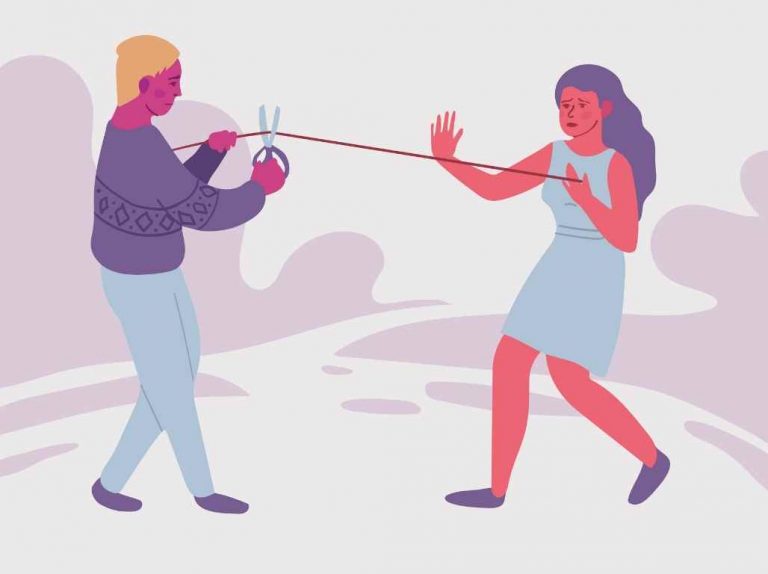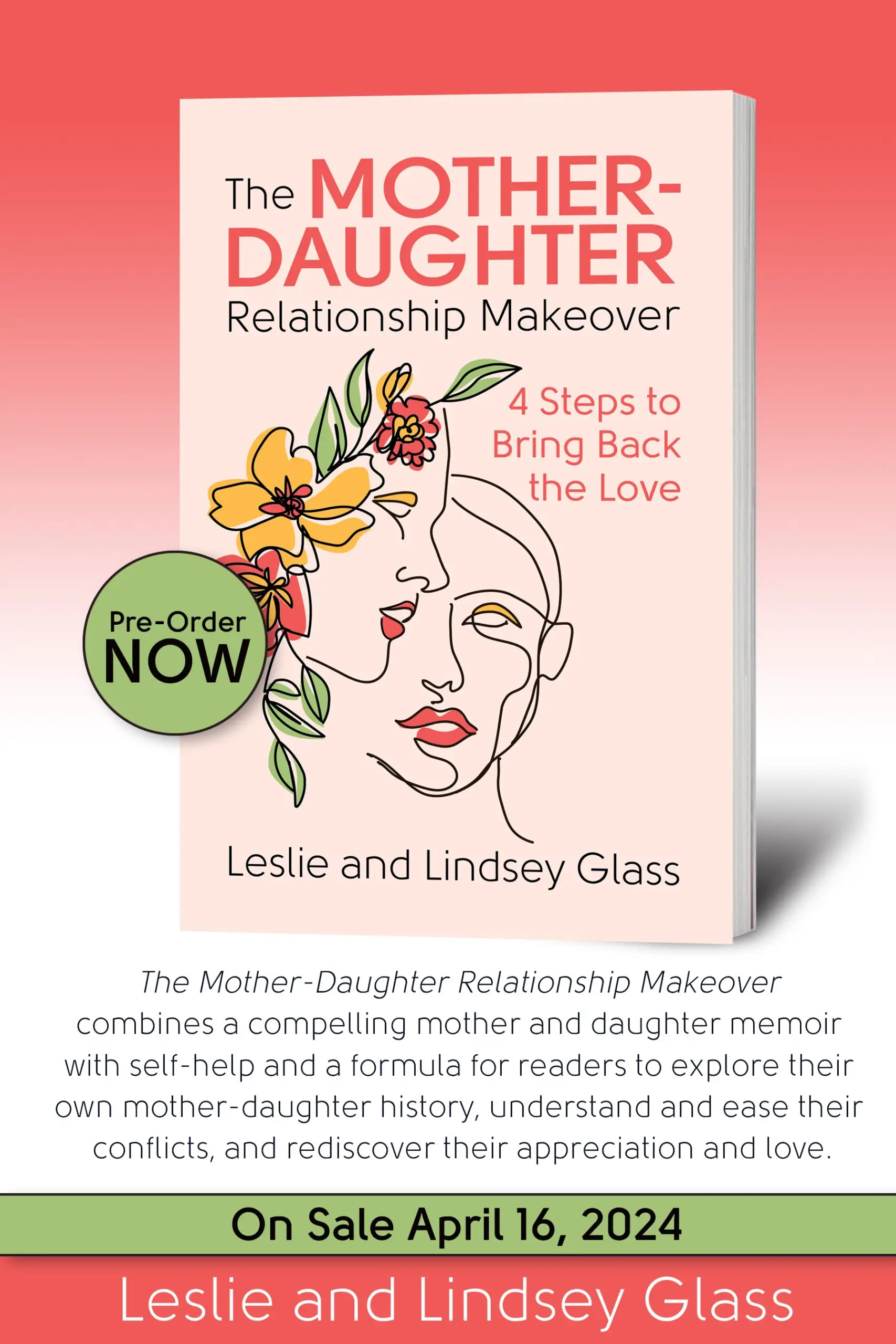Codependency Warning Signs Can Help You From Relapsing
Before I knew what codependency was, I was codependent with everyone. I couldn’t say no when people asked me to do things, I felt bad if someone else felt bad, I was constantly in a cycle of being manipulated and feeling resentful. In recovery, I learned that codependency is dysfunctional was keeping me from having healthy relationships with the people I love. So, I spent many, many, many years learning how to curb my codependency issues. It was not easy. They still come up from time to time. Luckily, I’m too busy these days to really want to jump in when someone’s in trouble, but the inclination does still arise.
Codependency Can Be A Lifestyle
For real. I used to think making myself available to people and their problems made me a good friend or family member. A lot of time was spent working on other people’s problems. That’s fun when you don’t want to deal with your own life. For me, however, that behavior did not lead me to growth so I had to stop. However, the cravings still come up like drug cravings. I’ve been sliding towards a codependency relapse lately. I wouldn’t call it a complete relapse into old behavior, but I see myself taking on responsibilities that are not mine to take on, and that no one asked me to champion. I also fall back into old patterns and old dynamics that no longer serve me. What’s interesting is, I found these dynamics cause quite a bit of anxiety for me today. Even worse, once I start to go down that road of old behavior, I find myself going into auto-pilot with other old behaviors. It’s a chain reaction on a slippery slope.
Codependency Relapse Warning Signs
Suddenly, I want to call people, and it’s not to stay in touch. It’s to take on whatever they’re dealing with as a distraction to ignore whatever I’m feeling. Want to know what’s even weirder? I’m at a stage of recovery where I’m able to see the behavior and recognize the compulsion. I can think it through so I don’t take the action, and I can reframe whatever I’m thinking so I can move on with my day. But it feels uncomfortable and makes me realize the codependency disease is still strong in me and that’s a reality check.
Drama Causes My Codependency Relapse
I’ll get more specific. Maybe there’s some drama going on at work or in the family. Drama causes me to want to fix things, to make people who are unhappy feel happier by being there for them for their every thought and feeling. That’s not my job as an employee, or as a family member. I’m here to listen and support when asked, but not here to be involved when I should be busy doing other things. Especially putting my own schedule, recovery or work load to the side to help people with theirs. Here are some solutions to deal with those codependency relapse cravings.
Check Out Our New Book The Mother Daughter Relationship Makeover
4 Ways To Stop Codependency
1. Recognize The Signs
For me, it’s noticing I’ve blurred boundaries with family, friends and colleagues. All of a sudden, I’m either getting involved with things that are none of my business or I’m bringing work into every aspect of my life instead of doing work on work time and life on life time. Or, I’m missing my recovery life to be there for someone else abandoning the put your air mask on first principle. Just being aware of the issues is first and foremost.
2. Return To Your Program
I go to a program from time to time for my codependency issues. It’s been suggested to me to bring that program back into my life for a while. It’s hard when you’re in multiple programs, but as one sponsor once said to me, “Point that hose at whatever fire is burning brightest.”
3. Stay Connected With Mentors
I talk to a professional, sponsor or friend with good judgment about how to get back on track. That looks like re-setting boundaries about my work schedule if necessary, not answering the phone at times I don’t want to be disturbed and getting spiritually centered. This is also where using email and text can be very helpful. You can be very specific and say what you mean without saying it mean in email and text.
4. Find Ways To Stop Obsessing
I have a disease of obsession and recovery, for me, often comes down to quieting the mind. Meditation has become a daily practice. Hiking is a useful tool for me because it involves exercise, which has its own scientific magic for the brain. I’m working closely with a sponsor again. I don’t always. I don’t always feel like I need it. But, when I’m struggling, I cling on because I need to do the writing assignments, spiritual reading and whatever else is asked of me to help calm the brain.
More Articles To Read
Do You Have An Enabler Stop Button
Growing Up In Recovery After You Get Sober
There Is Hope For An Addict’s Mom
3 Tips To Calm Mom’s Codependent Relationship Woes






















